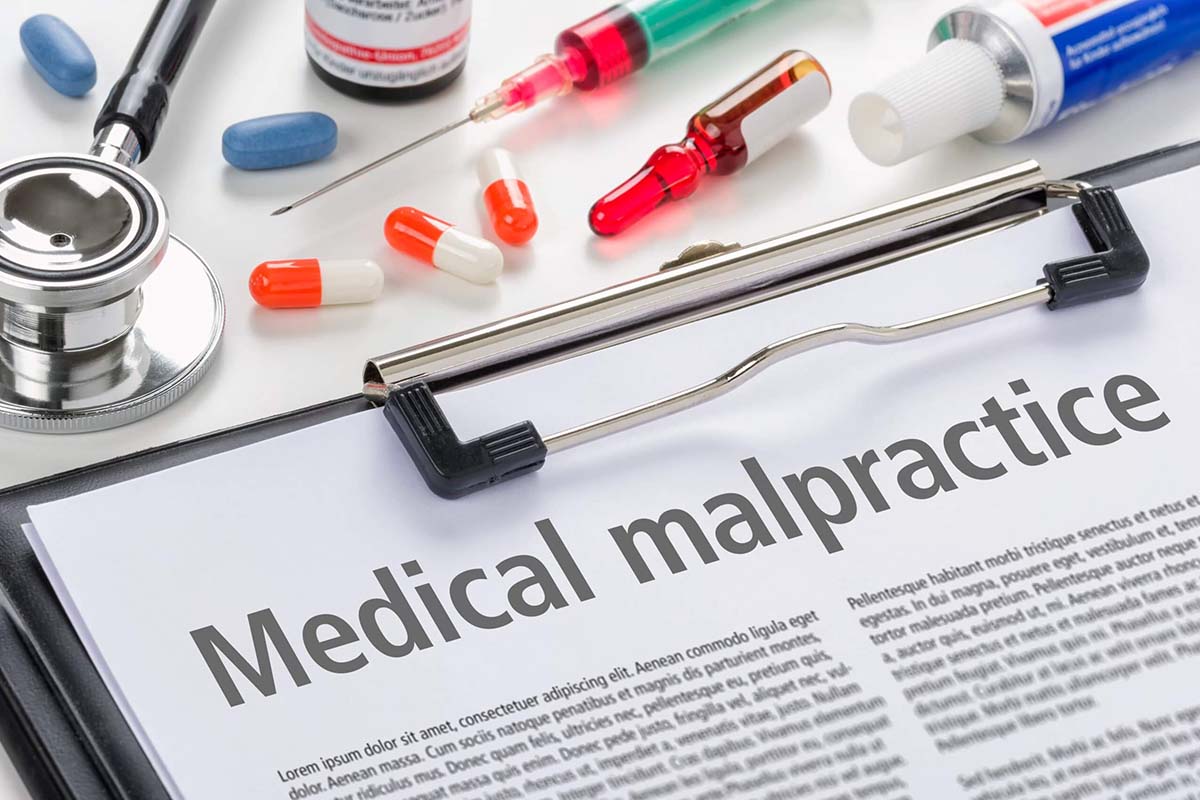Medical Malpractice vs. Negligence
Can you tell the difference between malpractice and negligence? Here are five things you should know to tell them apart! When you have been injured due to a doctor not paying attention, it hurts in more than just a physical way. Not only do you entrust your health and life to a doctor when you visit them, but you are also trusting them to make the best decisions in an area you know nothing about – but which is critical to your survival.
When those same doctors make mistakes, don’t spot symptoms, or set out to intentionally hurt you, this can leave you with severe mental scarring, as well as the physical damage you endured. We want to answer today how you tell if it was malpractice or negligence that hurt you. Of course, speaking to a lawyer will help you with the specific details of your case, for example, you can learn more here on medical malpractice lawyers and how they can help you.
What’s the Difference Between Medical Malpractice and Medical Negligence?
When your doctor is guilty of medical negligence, it means that they caused you harm but that it was an unintentional act. An act of medical negligence is usually a small thing or a complete accident. Treating an unknown condition with the wrong medication, a misdiagnosis that has caused severe harm, and using all medicines that the client is allergic to constitutes negligence.
However, some acts of negligence are so terrible that they have a whole category to themselves. This is where malpractice comes in. It is one thing to prescribe a patient a cream that they are allergic to that causes a rash. It is quite another to kill a patient with an allergy to anesthesia by giving them some.
Ordinarily, though, a negligent act is one where the medical professional forgot about something or omitted something, and it caused you to harm by way of an accident. If you are a victim of malpractice, though, it is because the medical professional knew what the consequences of their actions would be but went ahead with the treatment anyway. As you can see, this crosses a line that should never be crossed.
The Five Things to Consider about Medical Malpractice Vs. Negligence
First, hire a good medical malpractice lawyer who can guide you through your case. Second, let’s talk about the differences between the two for clarity.
Negligence Means the Doctor wasn’t Paying Enough Attention
Negligence often happens because the doctor isn’t paying enough attention to your case. If you have a condition that isn’t improving and prescribe you the same medication, it is only for it to continue not to work. Negligence occurs when the duty of care is broken, albeit accidentally, and is given this label so that the affected party can claim back expenses.
Malpractice Means the Doctor Set Out to Hurt You
On the other hand, malaria either means that the doctor intended to hurt you, or their negligence was so bad that it constitutes a worse charge. For example, it would be negligence to forget to clean a wound out, but it would be malpractice to stitch up the unclean wound with a piece of medical equipment from the operation still inside.
If the Medical Professional is Under the Influence, that’s Malpractice
If your doctor or surgeon was drunk or high at the treatment time, this constitutes medical malpractice. A doctor, of all people, should know the effects that drugs and alcohol can have on the body and mind. If they can’t perform their duties sober, then they shouldn’t be performing them at all.
Medical Malpractice vs Negligence: Mistakes Do Happen
It’s important to remember that mistakes do happen. Doctors aren’t perfect and, if they are saving your life in the process, this is an acceptable part of medicine. We have these laws to protect us from our care’s controllable factors that go wrong for the wrong reasons. Doctors might not be infallible, but neither are they above the law. Someone must look out for the little guy… This brings us to the final point…
You WILL need an Attorney
If you intend to file a medical malpractice or a medical negligence claim, either will require you to get an attorney to represent you. They will take on the paperwork and the stress of filing it in time, handle any negotiations, and even help you avoid court.
Without a wrongful death attorney, you might as well not even bother filing. The other party will have representation, and they will beat you, regardless of how air-tight the case is.





















